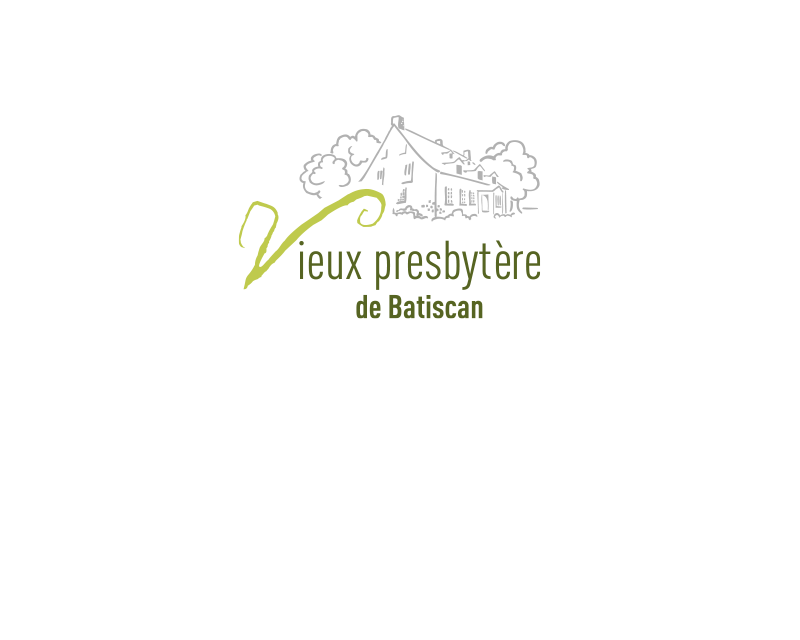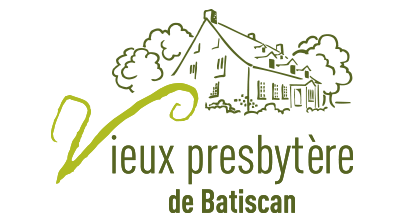Visit us

Confessions of an old rectory
Since 1816, the old rectory has been a witness to Quebec’s rural history. The site was a gathering point from Samuel de Champlain’s arrival in the 17th century until the building was acquired by the Quebec government in the sixties. A space to exchange with the aboriginal communities, home of the priest, peasant household, holiday resort: these are some of the various vocations, created as slices of history, that you discover once you enter these walls. Pay close attention to the whispers that arise… Will you be fortunate enough to capture some Confessions from the lips of those former residents?
Daily guided tours
Costumed guided tours on the weekends

Adéline’s four seasons (Les quatre saisons d’Adéline) and The 19th century garden (Le potager du 19e siècle)
What our ancestors ate? Adéline’s recipes (the priest’s housekeeper), will tell you what people ate in the 19th century in Quebec’s countryside. The temporary exhibit Adéline’s four seasons (Les quatre saisons d’Adéline) ends at the ancestral garden, where you’ll discover the primary vegetables eaten, and where we grow them in the same fashion they did back in those days. Depending on the current harvests, you could be entitled to leave with fresh vegetables – just ask the front desk.

From the cave to the attic (De la cave au grenier)
The activity From the cave to the attic (De la cave au grenier), is for the architecture aficionados, and let you discover everything there is to know about the Vieux presbytère alongside engineer Albert Roch Décary. Albert was the owner of the Vieux presbytère, between 1922-1960 and will show you the building from an entirely different perspective. We need to thank him for the condition the presbytery is in today! He’ll tell you the architectural secrets of this beautiful jewel of Mauricie’s rural architecture.
The guided tou is offered on the weekends, in July and August.
The Vieux presbytère de Batiscan is part of the Sacré circuit (Holy tour), a tour regrouping 6 religous historical sites from the cities of Champlain, Batiscan and Sainte-Anne-de-la-Pérade.




